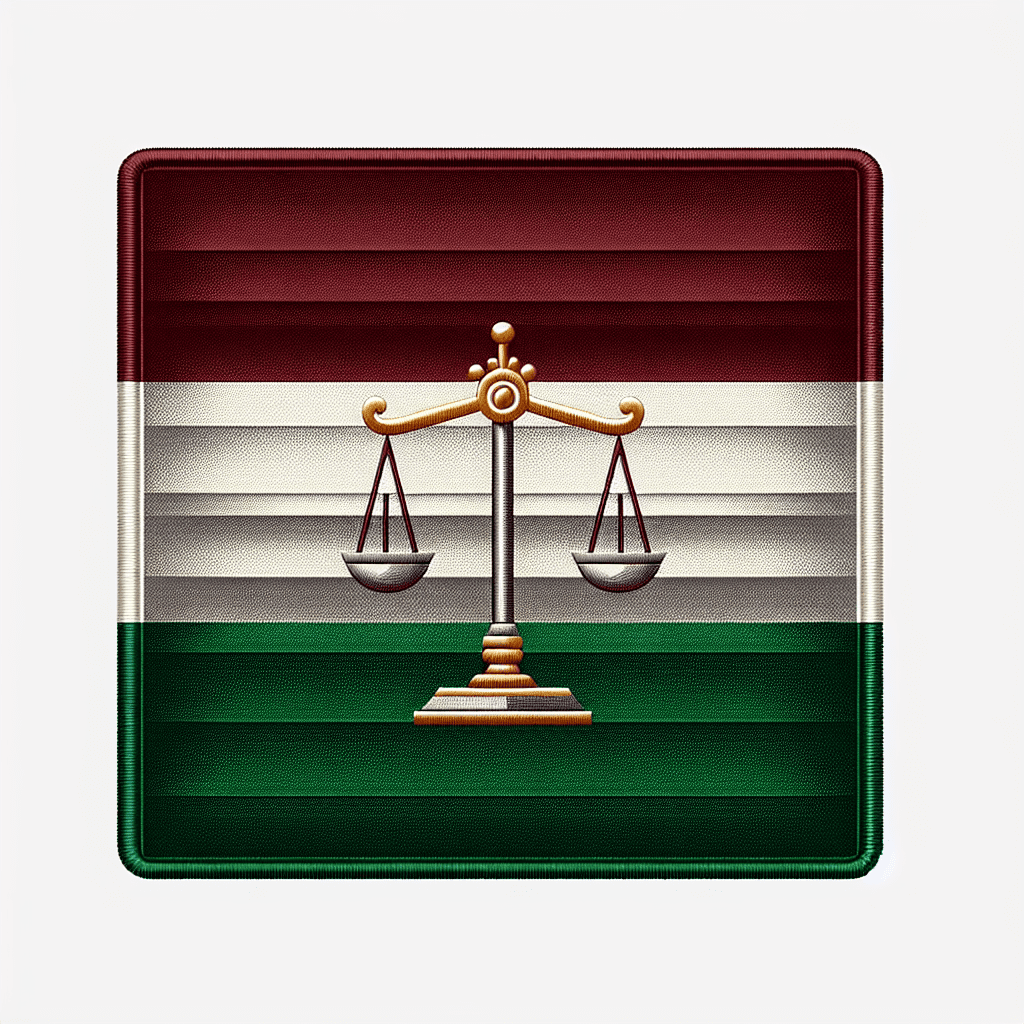
Austrian Rules and Customs: A Guide to Etiquette in Austria
Looking to know the rules in Austria? Check out our guide for everything you need to know before your trip!
Introduction
When traveling to a new country, it is essential to familiarize yourself with the local rules and cultural norms. Not only does this show respect for the host country, but it also helps you avoid any unnecessary misunderstandings or legal troubles. Austria, known for its stunning landscapes, rich history, and vibrant culture, has its own set of rules and customs that you should be aware of as a visitor. In this guide, we will explore some key elements of Austrian etiquette, providing you with the knowledge you need for a smooth and enjoyable trip.
Key Elements
Element 1: Greetings and Etiquette
Austrians value politeness and formalities in social interactions. When meeting someone for the first time, a customary greeting is a firm handshake while maintaining eye contact. Addressing individuals with their title and last name, such as “Herr” for a man or “Frau” for a woman, is also considered respectful. Furthermore, it is customary to say “Guten Morgen” (good morning), “Guten Tag” (good day), or “Guten Abend” (good evening) when entering a shop or restaurant.
Element 2: Punctuality
Punctuality is highly regarded in Austrian culture. Whether it is a business meeting or a social gathering, arriving on time demonstrates respect for others’ time and commitments. If you anticipate being late, it is considered polite to inform the host in advance.
Element 3: Dining Etiquette
Austrian cuisine is known for its rich flavors and hearty dishes. When dining in Austria, a few customs should be followed. Firstly, keep in mind that it is considered impolite to begin eating before the host says “Guten Appetit” (enjoy your meal). Secondly, it is customary to keep your hands visible on the table and refrain from resting your elbows on it. Lastly, it is polite to leave a small amount of food on your plate to indicate that you are satisfied.
Element 4: Dress Code
Austria is known for its elegance, and the locals take pride in their appearance. When visiting formal establishments or attending cultural events, it is best to dress smartly. Men are expected to wear a suit or a jacket, while women often wear dresses or skirts.
Element 5: Smoking Restrictions
In recent years, Austria has implemented stricter smoking regulations. Smoking is prohibited in public buildings, including restaurants, bars, and public transportation. However, some establishments may have designated smoking areas, so it is essential to respect these designated spaces and the preferences of those around you.
Tips for Traveling
- Research Local Laws: Before your trip, familiarize yourself with the specific laws of Austria. Pay attention to rules regarding traffic, alcohol consumption, and recreational drug use.
- Learn Basic German Phrases: While many Austrians speak English, it is always appreciated when visitors make an effort to communicate in the local language. Learning a few basic phrases such as “Danke” (thank you) or “Bitte” (please) can go a long way in showing respect and making connections with locals.
- Respect Quiet Hours: Austrians value their peace and quiet, particularly during designated quiet hours. Avoid unnecessary noise and activities that may disturb the serene environment, especially between 10:00 pm and 6:00 am.
- Follow Public Transportation Etiquette: When using public transportation, be considerate of others. Offer your seat to the elderly, pregnant women, or individuals with disabilities. Keep in mind that talking loudly or engaging in disruptive behavior is frowned upon.
- Mind Your Volume: Austrians typically have a reserved and calm demeanor in public spaces. It is advisable to speak softly and avoid overly expressive gestures or boisterous behavior.
Disclaimer: The information provided in this article is based on general observations and cultural norms. It is always best to seek professional advice and refer to official laws and guidelines when traveling to Austria.


